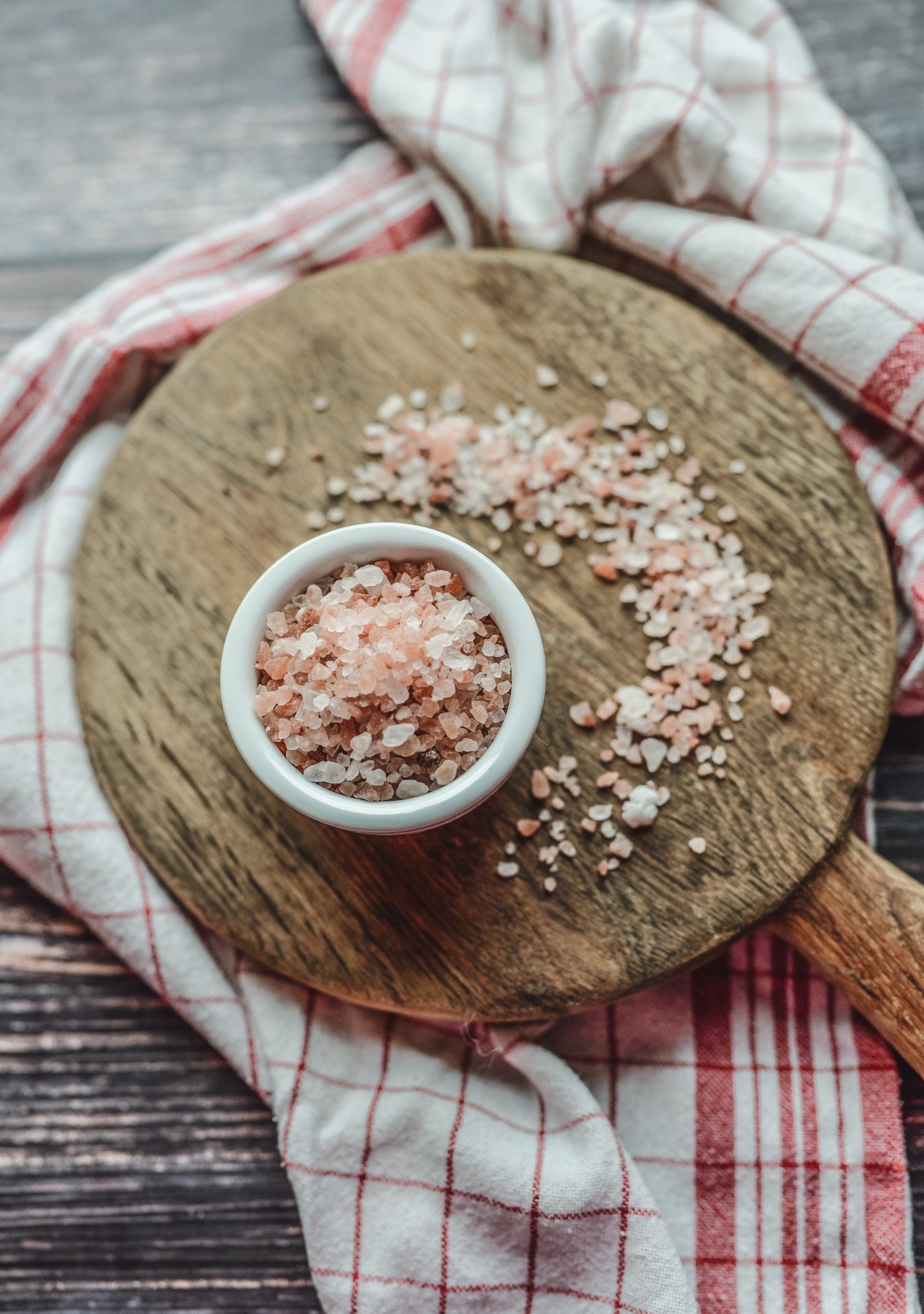We all know that breast milk is a mind-blowing, tailor made nutrient powerhouse for our little ones, and we are aware that the volume of milk produced by each woman is different too – but did you know that the nutritional makeup of breastmilk can have variations, and there are some elements that we are able to influence through diet and supplementation?
Before we dive into this topic, we want to acknowledge that breastfeeding can be tiring, emotional, difficult and sometimes not achievable. Our intention behind this article is not to put additional pressure on mothers, but rather to empower you with supportive information and education on this sensitive topic to ensure both you and your baby thrive.
A healthy whole food diet during breastfeeding is important for both mum and bub. For mums, breastfeeding is nutritionally and physically demanding. Eating a variety of nutrient-dense whole foods will ensure that you have plenty of energy for your day (even if you don’t have plenty of sleep the night before!), for sustained breastfeeding and to prevent any nutrient deficiencies.
The macronutrient content (that is, the amount of carbohydrate, protein and fat) of breastmilk is not affected by what you are eating, but rather it naturally changes depending on what your baby needs at different ages and stages of development and even throughout the day.
However, there are certain nutrients present in breastmilk that ARE affected by a mother’s diet. These include most B vitamins, choline, vitamin A, vitamin D, omega-3 fatty acids, selenium and iodine. Some other nutrients remain unchanged in breast milk despite dietary and supplement interventions, but are still important to consider for your own health so that you don’t become deficient.
Nutrients that change in breast milk depending on what you eat and some foods that contains them:
-
B vitamins – nuts and seeds, dark leafy greens, whole grains, eggs, legumes, fish and meat.
-
Choline – eggs, liver, beef, chicken, fish and broccoli.
-
Vitamin A – liver, eggs, oily fish. Your body also converts beta-carotene into vitamin A. You can get beta-carotene from dark leafy greens, pumpkin, sweet potato, mango and capsicum
-
Vitamin C – tomato, capsicum, berries, citrus fruit, broccoli and brussels sprouts.
-
Vitamin D – safe sun exposure, oily fish (salmon, mackerel, sardines etc), eggs and mushrooms exposed to sunlight.
-
Vitamin E – nuts and seeds, dark leafy greens and avocado.
-
Omega-3 – oily fish, oysters, linseeds, chia seeds and walnuts.
-
Selenium – brazil nuts, fish, meat, oats and legumes.
-
Iodine – seaweed, seafood, fish, eggs and dairy products.
Nutrients that don’t change in breast milk but are important for your health and where to find them:
-
Folate – legumes, dark leafy greens and avocado.
-
Calcium – nuts and seeds, dairy products, dark leafy greens and legumes.
-
Iron – red meat, legumes and dark leafy greens.
-
Copper – whole grains, nuts and seeds, legumes and potatoes.
-
Zinc – oysters, nuts and seeds, meat and dairy products.
A balanced plate
A great way to ensure that you are getting all of the nutrients and energy requirements that you need during breastfeeding is to focus on a balanced plate.
A balanced plate may look like this:
-
Fill half of your plate with colourful vegetables – ideally something from each colour of the rainbow, or as many as you can. Think leafy greens, tomato, capsicum, onion, mushrooms, eggplant, cabbage, broccoli as a few examples.
-
Fill one quarter of your plate with starchy carbohydrates such as whole grains (rice, quinoa, spelt sourdough) or root vegetables (sweet potato, potato, beetroot).
-
Fill another quarter of your plate with your protein source. Some great sources of protein include legumes (lentils, chickpeas, beans), fish, eggs, tofu/tempeh, dairy foods or meat.
-
Then add a dose of healthy fats. This could be extra virgin olive oil, ghee, avocado, nuts and seeds as a few examples.
Variety is key. Switch up the vegetables, carbohydrate source, protein and fat to make sure you are getting a variety of nutrients from different sources over the day.
Food prep can also be really helpful. When your partner is home to help with your baby, or if family come to visit, roast up a big tray of vegetables to add to your meals for the week, make a warming curry in bulk and store some in the freezer for later, or prepare some nourishing healthy snacks that you can grab (preferably one handed!) when hunger strikes. Better yet, have other people cook for you! Set up a Meal Train or order some pre-made meals that you can just heat and eat.
Supplements
There are many challenges to eating a nutrient-dense diet whilst breastfeeding. If this is the case for you, it is wise to continue taking your prenatal supplement for the duration of your breastfeeding journey. Please note that most prenatal supplements do not contain choline or omega-3 fats, so you may need to supplement these separately as well. It is always recommended to seek individual guidance from a practitioner if you believe you require supplements to ensure they are indicated, effective and safe for you and your baby while breastfeeding.
WRITTEN BY:
Kate Holm (Naturopath & Nutritionist)
REVIEWED BY:
Luka McCabe (RN/RM/Nutrition Consultant)
Renee Jennings (Dietitian and Nutritionist, APD)





+ show comments
- Hide Comments
add a comment